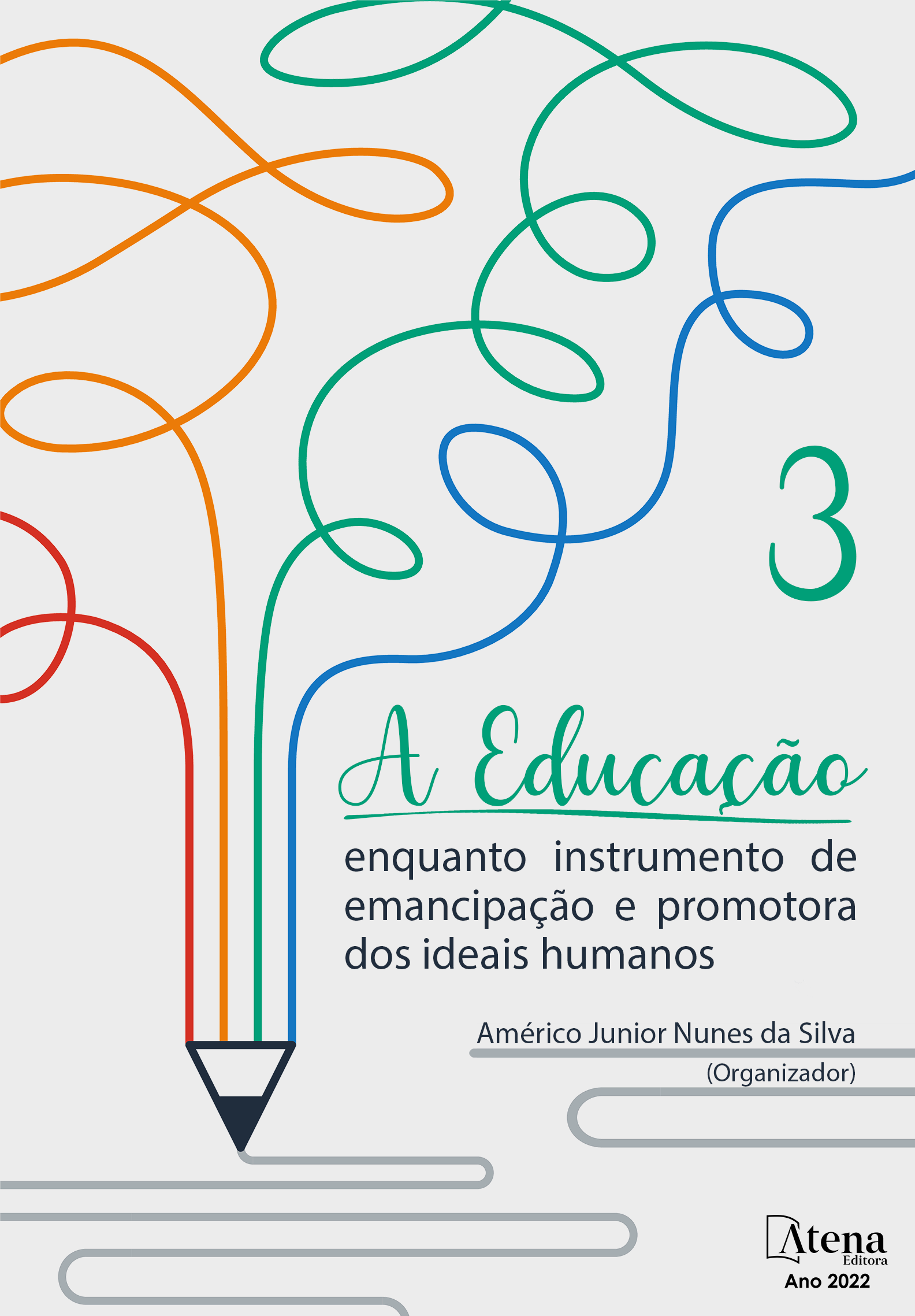
EDUCAÇÃO CIENTÍFICA E A CULTURA IORUBÁ: UM DIÁLOGO A PARTIR DA MÚSICA ‘MARACATU DO MEU AVÔ’
O objetivo do presente trabalho é realizar uma análise da música “Maracatu do Meu Avô”, dos compositores Nei Lopes e Leonardo Bruno, a fim de compreender se há possiblidades de trabalhar com a obra artística no Ensino de Ciências a partir da identificação de que a obra pode se configurar como uma proposta pós-positivista e contextualizada do conhecimento científico. A análise da obra se desenvolveu por meio da teoria dialógica do discurso, embasando-se no Círculo de Bakhtin, o que permitiu identificar enunciados nos trechos da música. A partir da análise foram identificados novos enunciados que permitiram concluir a possibilidade de trabalhar com conhecimentos científicos de áreas do conhecimento como a física, a química e a biologia e ainda a possibilidade de discussão acerca da religiosidade e da ancestralidade africana, da riqueza cultural da África subsaariana, especificamente do povo iorubá, e da valorização da identidade negra por meio de ações interdisciplinares.
EDUCAÇÃO CIENTÍFICA E A CULTURA IORUBÁ: UM DIÁLOGO A PARTIR DA MÚSICA ‘MARACATU DO MEU AVÔ’
-
DOI: 10.22533/at.ed.4932228011
-
Palavras-chave: Educação Científica, Música, Povo iorubá.
-
Keywords: Scientific Education, Music, Yoruba People.
-
Abstract:
The objective of this work is to analyze the music “Maracatu do Meu Avô”, by composers Nei Lopes and Leonardo Bruno, in order to understand if there are possibilities of working with the artistic work in Science Teaching from the identification that the work can be configured as a post-positivist and contextualized proposal of scientific knowledge. The analysis of the work was developed through the dialogic theory of discourse, based on the Bakhtin Circle, which allowed the identification of statements in the music excerpts. From the analysis, new statements were identified that allowed us to conclude the possibility of working with scientific knowledge in areas of knowledge such as physics, chemistry and biology, as well as the possibility of discussion about religiosity and African ancestry, the cultural wealth of Africa sub-Saharan region, specifically of the yoruba culture, and the valorization of black identity through interdisciplinary actions.
-
Número de páginas: 3
- Antonio Fernandes Nascimento Junior
- Camila Oliveira Lourenço


